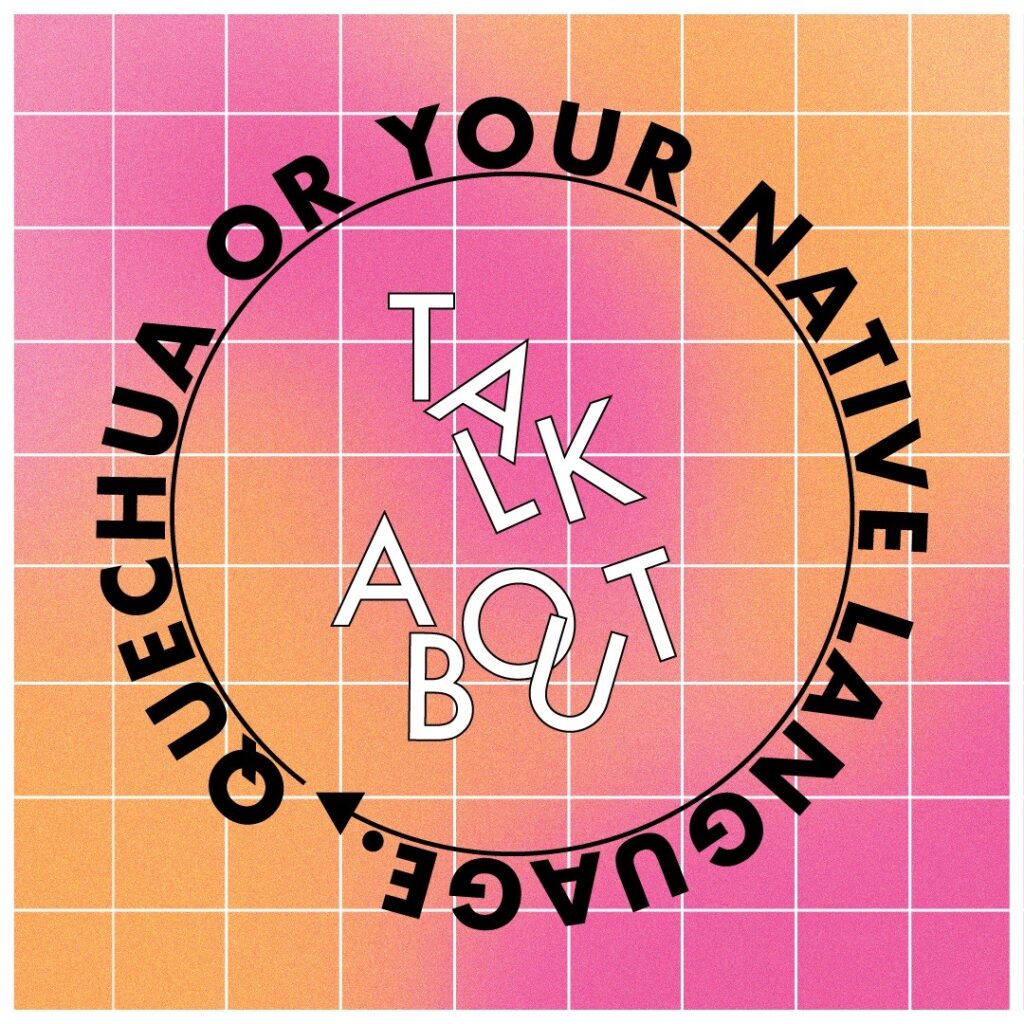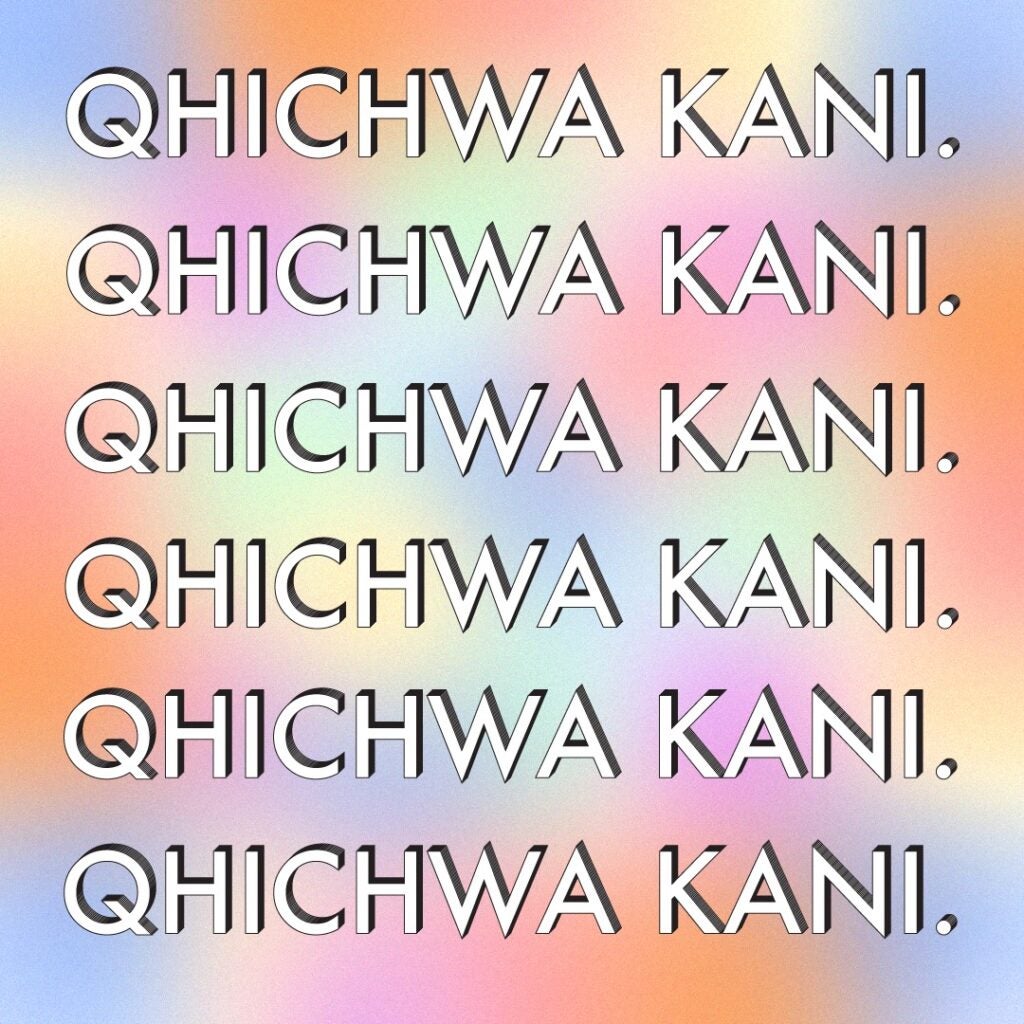CCTer Shana Inofuentes Founds Social Impact Startup Forging Digital Space for Indigenous Futures

“The Quechua Project has formed a novel, 21st-century approach to addressing linguistic oppression and Native erasure.” This was an article’s takeaway about the Project after Shana Inofuentes, its Co-Founder and Director, presented at a public diplomacy event, which was hosted by organizations sponsored by the Department of State. In her work, Shana grafts physical community into digital space and helps shape attitudes and behaviors to right injustice, strategies she intends to apply to other social impact campaigns in the future.

A second-year CCTer, Shana’s path to The Quechua Project (TQP) was deeply personal. Upon the unexpected passing of her grandmother in Bolivia, she became painfully aware of Native language loss ramifications. Recognizing the potential for this same loss among friends in her D.C.-area community, she formed a team to address the problem. Many parents speak Quechua and often grandparents only speak Indigenous languages. “I can’t speak with my own grandmother,” is often heard, demonstrating the importance of language revitalization to interpersonal connection.
After completing an undergraduate degree at Columbia College, Columbia University, Shana spent over a decade at Kimberly-Clark Corporation, and in non-profits and grassroots work. She believes that pursuing graduate studies at this stage of her professional life enables a particularly rich experience guided by self-awareness and purpose.

TQP prioritizes raising the social capital of Quechua language among Millennial and Generation Z community members. They primarily reach their audience via an Instagram account and in February 2021, released The Quechua and Native Languages in the Bolivian DMV survey. TQP also publishes the multimedia Atiy portrait series, highlighting young community members.
Serving and uplifting her community are values long driving Shana. For decades, she served in various leadership and cultural roles, earning respect among a generation of cultural dancers who she previously taught. Community member Jhannet Sejas remarks that “[TQP] especially means a lot for those like [herself], who grew up being Quechua” and that “leadership, determination, achievement” come to mind when thinking of Shana. “Her passion in what [she is] doing is authentic.”
Many CCT faculty and students and other organizations have supported TQP. In October 2020, TQP moderated a Q&A director’s panel at the annual May Sumak international film showcase supported by the Smithsonian Center for Folklife and New York University (NYU). In December 2020, TQP showcased at the 6th Annual Quechua Alliance Meeting supported by Quechua at Penn (University of Pennsylvania) and CLAS at the University of California, Berkeley, among others. Video of their presentation begins at 2:58, here.

TQP is about igniting a movement, one that promotes embracing one’s whole self. At its core, they are a social justice initiative whose language revitalization supports the UN Declaration on Indigenous People’s Rights. TQP sees their work as “a bold act of resistance” against centuries-old stigmas that forced a choice between Native identity and success.“We envision a different kind of future,” Shana says. “Together, we can accomplish it.”